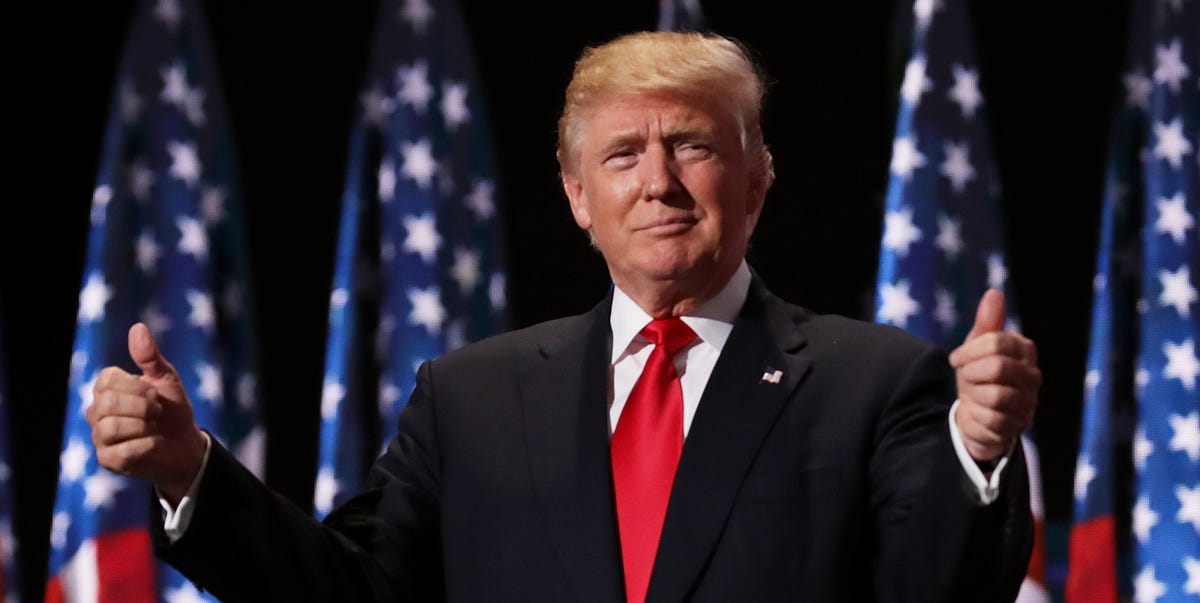

Getty ImagesChip Somodevilla
In March 2018, Christopher Wylie cemented his status as a whistleblower when he revealed that the political consulting firm Cambridge Analytica, which had worked for the Trump campaign leading up to the 2016 election, used Facebook user data to target voters.
Now Wylie has revealed for the first time to Business of Fashion that the company used Facebook users’ “preference for fashion labels” as a way to build algorithms that then targeted people with pro-Trump messages.
Advertisement – Continue Reading Below
According to Business of Fashion, Wylie explained that liking a certain label could be a signal of whether someone was susceptible to “populist political messaging” and that certain brands can be connected to certain psychological traits.
For example, liking the brands Wrangler or LL Bean would indicate someone is “low on openness, more conventional, and more likely to respond to messaging supporting the election of Trump,” whereas liking Kenzo would mean the opposite.
This study of fashion—and how one’s preferences can be a strong signal of their personality and psychological traits—informed a lot of the company’s research, according to Wylie. Putting it simply, he said, “Fashion data was used to help [Steve] Bannon build the alt right.”
But it’s not all doom and gloom. Wylie also said that fashion brands can use this knowledge to then guide politics in another direction, if they so choose, through their own marketing. He said, “We depend on you to not only make our culture but protect our culture. It is up to you if Trump or Brexit become the Crocs or the Chanel of our political age.”
Be the first to comment